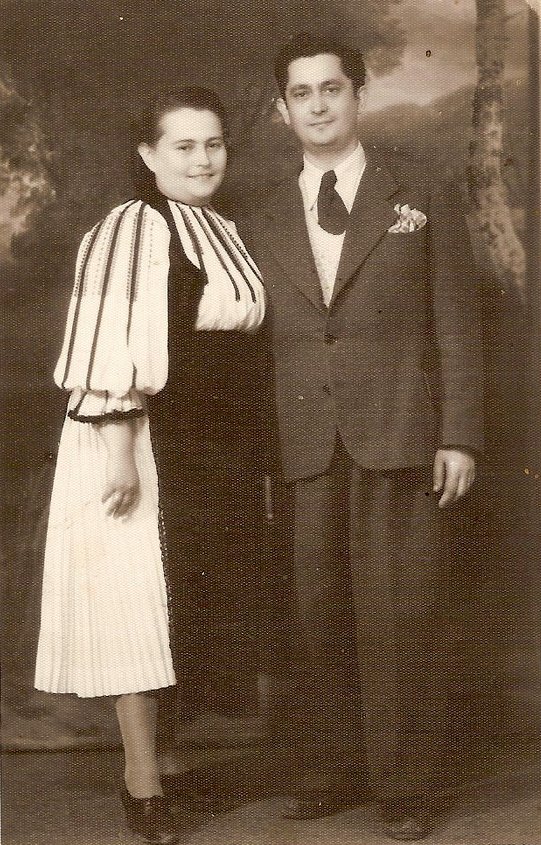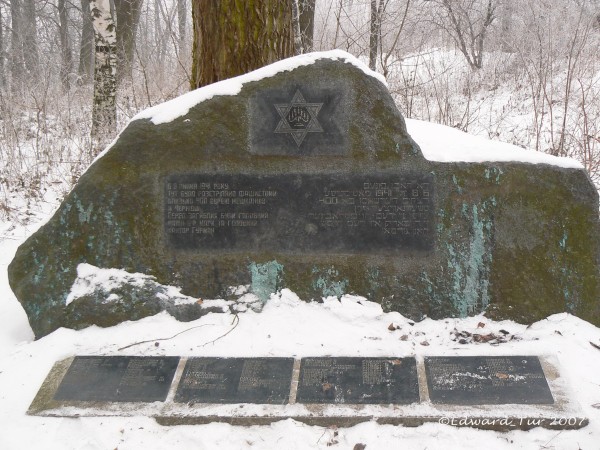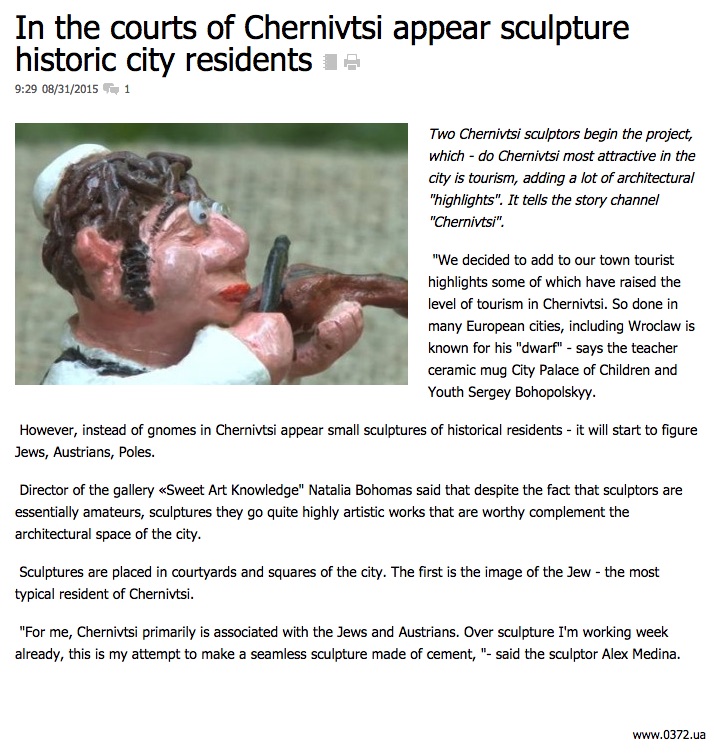Hi all, i am currently worlking on a Research paper on Czernowitz Jewish academic fraternities. With “Hasmonäa”, founded 1891 by members of the Viennese “Kadimah”, this new type of Jewish academic fraternity appeared in Czernowitz and found successors throughout the German-speaking Universities. The Jewish academic fraternities were modeled after the traditional type of “Studentenverbindung”, that existed in Czernowitz from 1875-1938/40. The members of the various “frats” distinguished themselves by wearing ribbons and caps showing the club colors of their fraternity. In the Romanian period the University organisation was changed to the “college System” and members of the fraternities were issued membership cards. here i have got one issued by JNAV “Heatid” for Josef Stark in 1922. “Heatid” came into being in 1918/19 and existed until 1936. Its club colors used to be green-silver-black shown in the ribbons with white caps. Any further information on “Heatid”, Josef Stark or any of the Czernowitz fraternities – especially photographs – would be highly appreciated. Thank You!
Author Archives: Administrator
Meyer Ebner on Leibu Levin – 1935
From Ruth Levin, an article from the “Ost-Yiddishe Zeitung”, 2.6.1935:
“…Dr. Landau introduced to the audience a young man whose name
should not be forgotten. Probably, we’ll hear from him again and again.
Levin isn’t a singer, rather he’s an artistic reader. He’s not a reader, rather
he’s an actor. As a matter of fact he’s all in one: singer, artistic reader, actor
and poet. Why also poet? He reads to us only the poems of others, does he not?
That being so, this is the secret of his art. He reveals what is hidden between the lines.
He brings the poet to completion. He draws from the poet’s soul riches the poet himself
did not know of, riches that were hidden in his sub-conscious…
Frequently the words of the text in his mouth serve solely as a stimulus that awakens –
just for a passing moment – the poetic spiritual inheritance of his own, and that has
always to be born anew, like the music.
The art of Leibu Levin needs not only to be heard, though, but also to be seen. He himself
one has to hear and see, how he breathes into the dim hall, into the pearls of strangers’
poetry, his young burning soul, the creative, sometimes ecstatic, and sometimes weeping
soul… His profound understanding drew one deeply into the fables of
Eliezer Steinbarg and the ballads of Itzik Manger.
From time to time the reader becomes singer, and only when he was seen as well as heard,
did I finally understand the meaning of the old expression “to sing and to say”
regarding troubadours and minnesingers. When his spoken word passes to song, it reminds me
of a flying ship hovering above the earth and taking off to the blue heavens…
Talent is as rare as gold. From the gold it is possible to forge a holiday crown for
priests who serve gods and it is possible to pay with it the penance for sinful impurity…
Talent can be refined to capture surpassing art, or can descend to cheap popular
entertainment. It seems to me that all in Leibu Levin aspires toward and is uplifted to the
shining heights of noble art .”
Dr. Meyer Ebner
The newspaper “Ost-Yiddishe Zeitung”, 2.6.1935
Bearing Witness More Than Once…
‘Flyer’ for a conference to be held in Berlin on March 14, 15 and 16, 2016.
On 16 March, Dr.Dana Mihăilescu will be presenting a paper entitled:
“Shifts in Testimony Focus Depending on Medium and Temporal Context:
On Ruth Glasberg Gold’s Holocaust Experiences in Transnistria”
You can read the entire paper to be presented at:
mihailescu
Posted for Ruth Glasberg Gold
05/23/1961: Eichmann Trial – Session 48 – Perla Mark’s Testimony
On 05/23/1961 Perla Mark, the wife of Dr. Abraham Jakob Mark, testified in Jerusalem at the Adolf Eichmann Trial. Session 48 begins with the testimony from Perla Mark who describes the burning of the main synagogue in Czernowitz and the murder of Jews including her husband, the town’s chief rabbi. The testimony from Theodor Löwenstein follows. Löwenstein describes the physical measures against the Jews in Romania including the pogroms in Jassy, Bessarabia, and Bukovina. Löwenstein gives an account of the deportations from Czernowitz to the Transnistria and Bogdanovka camps. He also gives an estimate of the number of Romanian Jews that were exterminated.
Original Statue Article – Translated
The Jew Statue Article Translated
Sadagora Rebbe
I recently had the opportunity to meet the present Sadagora Rabbi, from Jerualem, when he was briefly in New Jersey. I asked him to get any information he might have on my late great granadfather, Israel Gronich, who was entrusted with the belongings of the Sadagora rabbi when he fled to Vienna with the outbreak of WWI. My great grandfather, had the lease on the toll booth at the bridge crossing between Sadagoara and Czernowitz. I am told his wife ran a tavern there as well. Unfortunately I have not heard back.
The current Rabbi Friedman told me that after WWI the dynasty relocated to Przemysl, Galicia. When I read up on the Sadagora branch of Ruzhin, I did indeed read that the Sadagora was in Przemysl after WWI. If this is true, does any one know what the status of the temple and movement in Sadagora between WWI and WWII actually was?
I attached a recipe for Mititei to my other recent post, but forgot to note that it was there so I will attach it again.
Stephen Winters
“The younger generation”
As the son of Czerowitzers I enjoy reading the historical posts and remembrances very much. Despite my technical skills, I have found getting to the site to list postings, while recalling my log on and password, a bit cumbersome. Much of the time I read posts on my Iphone or hospital computer which adds a bit of difficulty.
Several weeks ago, some one had asked for a recipe for Mititei. It turns out a young doctor in his early 30’s, who just joined our electrophysiology practice had told me that this was his favorite food. Although born in the U.S. his late father was from Bacau Romania and like my mother, was deported to Transistria. Small world. I told him that I was not familiar with this food until I realized it is the same as Carnatzin (excuse my spelling)—except I learned to make it without baking soda, but with seltzer and lots of garlic.
I had the goo fortune to enjoy part of Rosh Hashana with my 92 year old mother and 91 year old father from Czernowitz as well as my 97 year old father in law and 90 year old mother in law from Galicia. I am very fortunate to continue to hear nits and pieces of life which in may ways was richer and more precious than what we have today.
I wish everyone a Gemar Chatimah Tovah… good health, contentment, and peace of mind and peace for Israel and the world.
Bershad Orphanage Poem by Edith (Ditta) Pomeranz
From Ruth Glasberg Gold
The writer, Ms. Edith (Ditta) Pomeranz was a volunteer at the Bershad orphanage during the war. The poem is in German — it is so difficult to translate a poem, but I do hope someone will attempt it for those who cannot read German…
Ruth
Meinen Kindern aus dem Berschader Kinderheim
Ihr Kinder vom Orfelinat
Die ich so tief ins Herz geschlossen
Für die, seit ich gewesen in Berschad
So viele Tränen hab vergossen.
Euch schreib ich ein’ge Zeilen heut
In Liebe und mit Zärtlichkeit.
Wer weiß, wohin der Schicksal Euch zerstreut
Und ob zu Ende ist schon Euer Leid.
Ihr Kinder, meine teuren, lieben
Habet vergessen gar am Ende, die
Die Euch gelehrt, für Euch geschrieben
Lieder, Stücke und wohl manche Poesie.
Henny Granierer, Du mein Sorgenkind
Die Du so schön gesprochen hast und klug,
Behandelt endlich Dich das Schicksal lind
Gelitten hast Du wirklich schon genug.
Milu und Leibale, Ihr Künstlerpaar
So talentiert und noch so klein
Vielleicht werdet Ihr mal nach Tag und Jahr
Wirklich mal große Künstler sein.
Hawale Buchman Zigeunerin kleine
Geruht haben Deine Hände nie.
So fleißig wie Du, war wirklich mehr keine
Du scheutest niemals vor Arbeit und Müh.
Pyragowski Willi, der Klasse Stern
Besuchst vielleicht heute die Schule nicht mehr
Daß Du – wie würde ich’s hören so gern –
Deine Lehrer auch heute begeisterst so sehr.
Auch möchte ich wissen, ob Du noch vereint
Mit Joszy Faust, unsern Langen,
Ob er auch heute noch Dein Freund
Weil Ihr einander so eng habt gehangen.
Im Geiste hör ich Dich, Mizzi Weistal,
Du singst so traurig, immer wieder.
Sag, liebe, kleine Nachtigall,
Singst Du noch jene traurigen Lieder?
Rossy Schermann, goldblondes Mädl,
Auch Du hast mir oftmals Freude gebracht,
Du hattest wohl einen holzigen Schädl
Doch hast Du dann alles besser gemacht.
Sternberg Luzer, Du junges Genie
Schreibst noch imer Gedichte und Dramen
Noch kenne ich Deine Tragödie
Bei der man geweint hat “Die Mame”.
Ruth Glasberg, Srul Rennert, Poldi Kirmayer
Geschwister Körner und die, die ich nicht genannt
Ihr seid mir alle, alle gleich teuer
Und meinem Herzen immer verwandt.
Euch allen hab’ich das geschrieben
Vergesst nicht, wenn das Leben und die Zeit
Uns wieder auseinandergetrieben
Daß Ihr alle meine Kinder seid.
Edith Pomeranz
(Hreaţca, 14-III-1945)
Here below is a photo of Ditta and her husband taken in Romania in 1948

To My Children in the Bershad Children’s Home
A Poem by Edith Pomeranz, translated from German by Bianca Rosenthal
You children from the orphanage
Whom I enclosed so deeply in my heart
For whom since I have been in Bershad
I have shed so many tears.
Today I write to you a few lines
With love and with tenderness.
Who knows to where fate will displace you
And whether your suffering will have reached an end.
You children, my dear and beloved ones
Perhaps, alas, you have forgotten those
Who taught you, wrote for you
Songs, plays and most likely a lot of poetry.
Henny Granierer, you my child of sorrows
You, who spoke so beautifully and wisely,
Does fate finally treat you kindly
Since you already suffered enough.
Milu and Leibale, you two artists
So talented and still so young
Perhaps some time later
You will become great artists.
Hawale Buchman you little gypsy girl
Your hands never stood still.
As diligent as you was indeed no other girl
You never shied away from work and toil.
Pyragowski Willi, the star of the classroom
Perhaps you no longer attend school
That you—How much would I like to hear this–
Still enthrall your teachers.
I also would like to know, if you together
With Joszy Faust, our tall one,
Whether he still is your friend
Because you were such close friends before.
In my mind I hear you, Mizzi Weistal,
You are singing so sadly, again and again.
Tell me, you dear little nightingale,
Do you still sing those sad songs?
Rossy Schermann, golden blonde girlie,
You too brought joy to me many times
While having a stubborn mind
But then you did everything much better.
Sternberg Lazar, you young genius
Are you still writing poems and dramas
I still remember your tragedy
That made everybody weep “Die Mame”.
Ruth Glasberg, Srul Rennert, Poldi Kirmayer
Brothers and sisters Körner and all those that I did not mention
All of you, yes all, are equally dear to me
And always congenial to my heart.
I wrote all this for all of you
Do not ever forget, when life and time
Should separate us again
That you all are my children.
Edith Pomeranz
(Hreatca, 14-III-1945)








